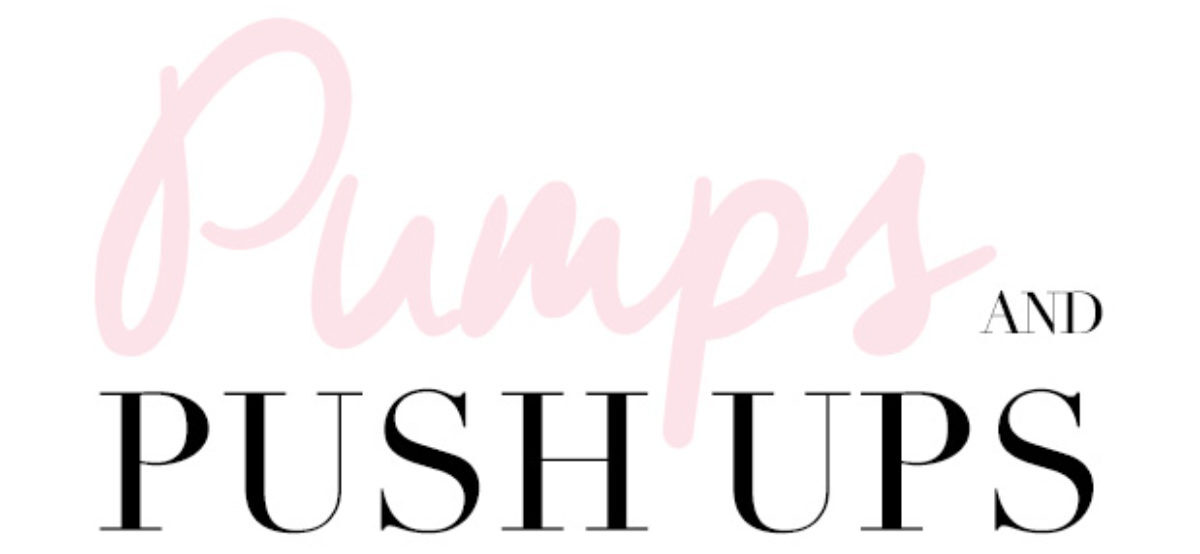Nutrition in Pregnancy
Rebecca Rhodes, RD
So, are you pregnant or thinking about becoming pregnant? First of all, congratulations! Secondly, what now!? When I first became pregnant, I remember feeling like I had the weight of the world on my shoulders to grow this little one to the best of my ability. Nutrition and exercise were at the top of my list of ways I knew I could lead a healthy pregnancy. Remember that eating a healthy diet during pregnancy is one of the best things you can do for your baby. You know the importance of nourishing your body with healthy, real foods, but now you have to focus on nourishing the baby growing in your belly as well. Here are some tips to help you achieve a healthy and fit pregnancy.
Prenatal Vitamins
Consider starting a prenatal vitamin prior to getting pregnant to ensure that you are getting adequate folic acid when you become pregnant. Take a daily prenatal vitamin throughout your pregnancy that contains at least 400 micrograms of folic acid.
Calorie Intake
Try to avoid thinking of pregnancy as “eating for two” since baby really does not require a large amount of additional calories. Start focusing on eating nutrient dense meals and snacks to provide needed vitamins, minerals, calories, and protein to your baby. Additional calories are not needed during your first trimester. Once you have passed the first trimester, your calorie needs do increase as baby gets bigger. An additional 300 calories above your baseline intake is recommended during the second trimester and between 300-500 calories above your baseline intake during the third trimester.
Calcium
Focus on consuming 1200mg of calcium daily to help build your baby’s developing bones and teeth as well as to maintain your own bone density. Generally, prenatal vitamins contain no more than 300mg daily, thus you should focus on obtaining additional calcium from low fat dairy foods such as skim or 1% milk, yogurt, low-fat cottage cheese, and fortified orange juice.
Mercury and Fish
Large amounts of mercury can harm your developing baby’s nervous system. Fish to avoid include shark, tilefish, swordfish, and king mackerel. Some research has raised concern over higher levels of mercury in canned tuna, thus it is recommended to limit tuna to no more than 6 ounces per week. Remember that fish does contain heart healthy fats which are important for you and your developing baby. Good choices are salmon, tilapia, flounder, trout, and pollock; however, you should limit consumption to 12 ounces per week.
Food Safety
Now that you are pregnant, you are at an increased risk of developing food poisoning. This is the time to be extra sensitive about washing your hands and preventing cross contamination between raw meats and fruits and vegetables. You should avoid uncooked and undercooked meats such as sushi, undercooked steak and hamburgers, and uncooked shellfish such as oysters. Uncooked and undercooked eggs should also be avoided. Salad bars are another risky area as you never know how long the food has been sitting out so it is best to choose something freshly cooked. Due to increased risk of contracting listeriosis, avoid deli meats (unless heated to steaming in the microwave), soft, unpasteurized cheeses, and unpasteurized milk or juices.
Fluid Intake
Your body is working hard to increase your blood volume during your pregnancy to support your growing baby. You need to make sure you are keeping your body hydrated by drinking approximately 12 cups of water (8 ounces each) or other liquid throughout the day. Make sure the majority of your liquids are not sugary beverages, as these add additional calories and provide little nutritional benefit. Pay attention to your urine, if it is becoming dark and concentrated, you may not be taking in enough liquids.
Caffeine
Limit your caffeine intake to no more than 300mg daily. One cup of coffee typically contains about 95mg of caffeine and 1 cup of brewed tea contains about 50mg of caffeine. Do remember that one cup is equal to 8 ounces. Once cup is not equal to a grande Starbucks coffee (which is 16 ounces).
Alcohol
This may be the most widely known pregnancy recommendation and should go without saying: avoid alcohol throughout your pregnancy! You may hear that a glass of wine here and there is without risk; however, there is no known safe level of alcohol intake while pregnant. Bottom line, avoid alcohol while you are pregnant and be sure to continue to abstain while breastfeeding.


